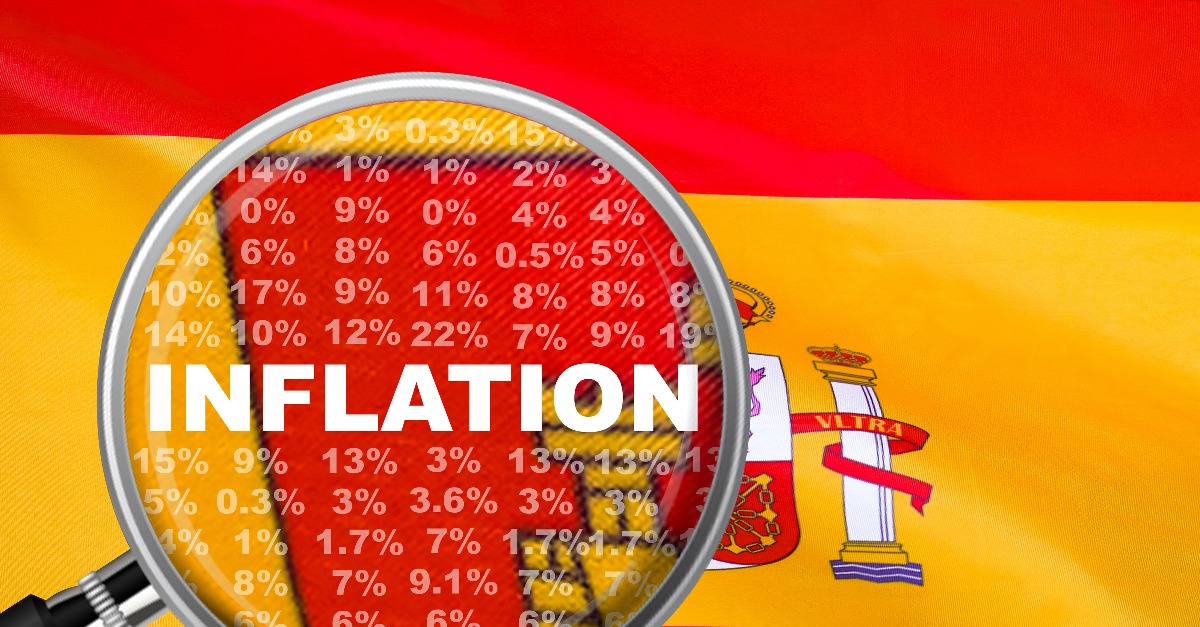Inflation in Spain moderately increased to 2.2% in June. This figure, two-tenths higher than in May, ends a three-month streak of consumer price index (CPI) weakening and represents the strongest recovery since last December. This increase occurs during a period of heightened international uncertainty, primarily influenced by tensions in the Middle East.
Key Causes for the Inflation Increase: Fuel and Global Tensions
According to data from the National Institute of Statistics (INE), the main factor for this inflation rise is the significant increase in fuel prices. Brent crude, the European oil price benchmark, saw a price surge of up to 20% at the beginning of the month—from $62.9 to $75.5 by June 20th. Although prices have stabilized around $66 after the temporary cessation of hostilities between Israel and Iran, the Strait of Hormuz, a crucial global corridor for crude oil trade, remains a factor of uncertainty in the world oil market.
Core Inflation Remains Stable and Food Prices Influence CPI
The core inflation indicator, which excludes energy and unprocessed food prices, remained stable at 2.2% in June, the same value as in May. This suggests that underlying price developments, without the most volatile components, are stable.
Another, albeit smaller, factor contributing to the slight rise in inflation is food prices. The INE reports that prices for food and non-alcoholic beverages increased more sharply this June than last year, though precise details are not expected until mid-July.
Economic Assessment and Outlook for Spain
Despite the slight increase in inflation, the Ministry of Economy assesses the situation positively. Prices remain close to the European Central Bank (ECB) target of 2%. Minister Carlos Cuerpo emphasized that Spain continues to experience a situation of “stability and price moderation.” This, combined with wage increases, allows households to continue gaining purchasing power.




